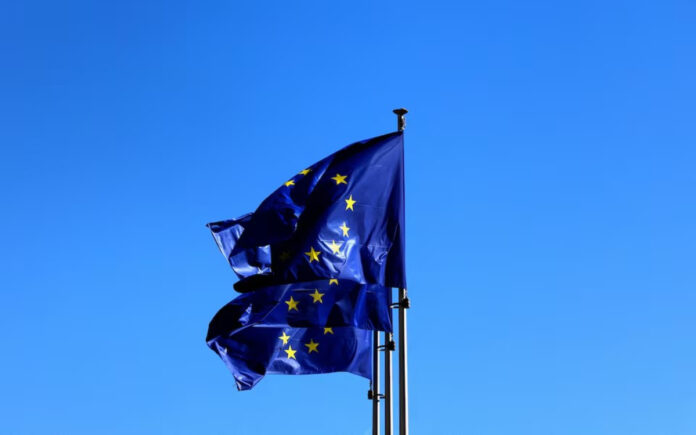Copenhagen: A coalition of nine European countries, led by Italy and Denmark, will formally urge the European Union on Thursday to streamline procedures for expelling foreign nationals with criminal records, according to a joint letter seen by Reuters.
The letter, addressed to EU leadership and drafted ahead of a scheduled meeting in Rome between Italian Prime Minister Giorgia Meloni and Danish Prime Minister Mette Frederiksen, calls for a reexamination of how the European Convention on Human Rights is applied—particularly by the European Court of Human Rights (ECHR), which many governments say has hindered their ability to deport individuals convicted of crimes.
“We have seen cases concerning the expulsion of criminal foreign nationals, where the interpretation of the Convention has resulted in the protection of the wrong people and posed too many limitations on the states’ ability to decide whom to expel from their territories,” the letter states.
The nine signatories argue that member states should be granted greater discretion in determining expulsions. “Member states should have more room nationally to decide on when to expel criminal foreign nationals,” the letter further emphasizes.
Alongside Italy and Denmark, the document is co-signed by the leaders of Austria, Belgium, the Czech Republic, Estonia, Latvia, Lithuania, and Poland—countries that have increasingly aligned around tighter immigration and security policies.
Also Read | USDA Drops Food Aid for Children in 44 Projects Worldwide
The initiative underscores growing tensions within the EU over immigration enforcement and judicial oversight, particularly as countries struggle to balance public safety concerns with international legal obligations. European leaders have voiced mounting frustration that human rights rulings often prevent the deportation of individuals with criminal convictions.
Thursday’s joint press conference between Meloni and Frederiksen is expected to outline their position and rally support for the proposed changes.
Also Read | DOJ Investigates Google’s Character.AI Deal for Potential Antitrust Violations
Since taking office in 2022, Meloni’s conservative government has prioritized stricter immigration controls as a central part of its political platform. Denmark, under Frederiksen’s leadership, has similarly pursued some of the EU’s most stringent immigration reforms over the past decade.
The proposal to review and potentially revise how the ECHR convention is interpreted could reignite broader debate across Europe about the balance between national sovereignty and human rights obligations within the EU framework.



